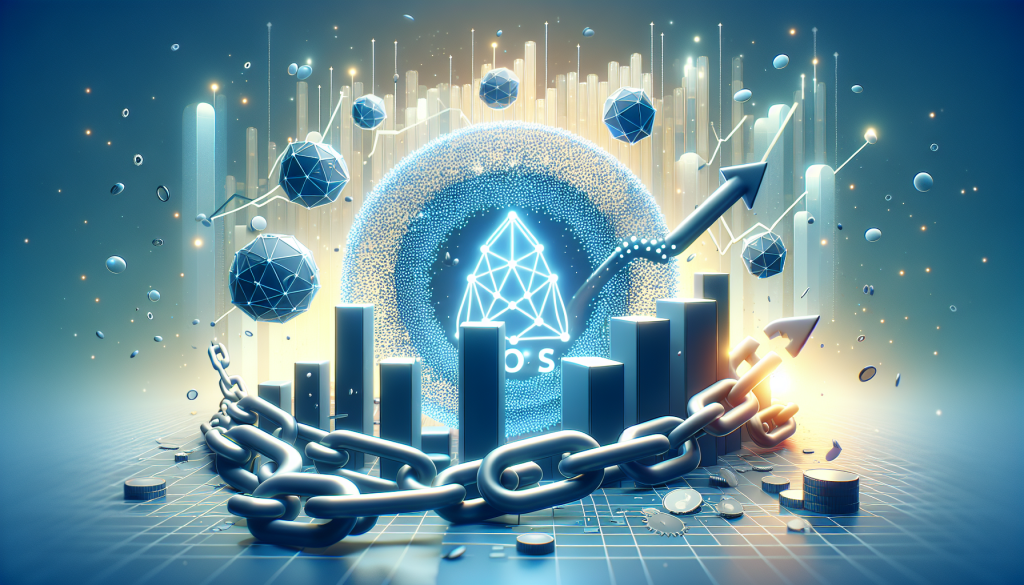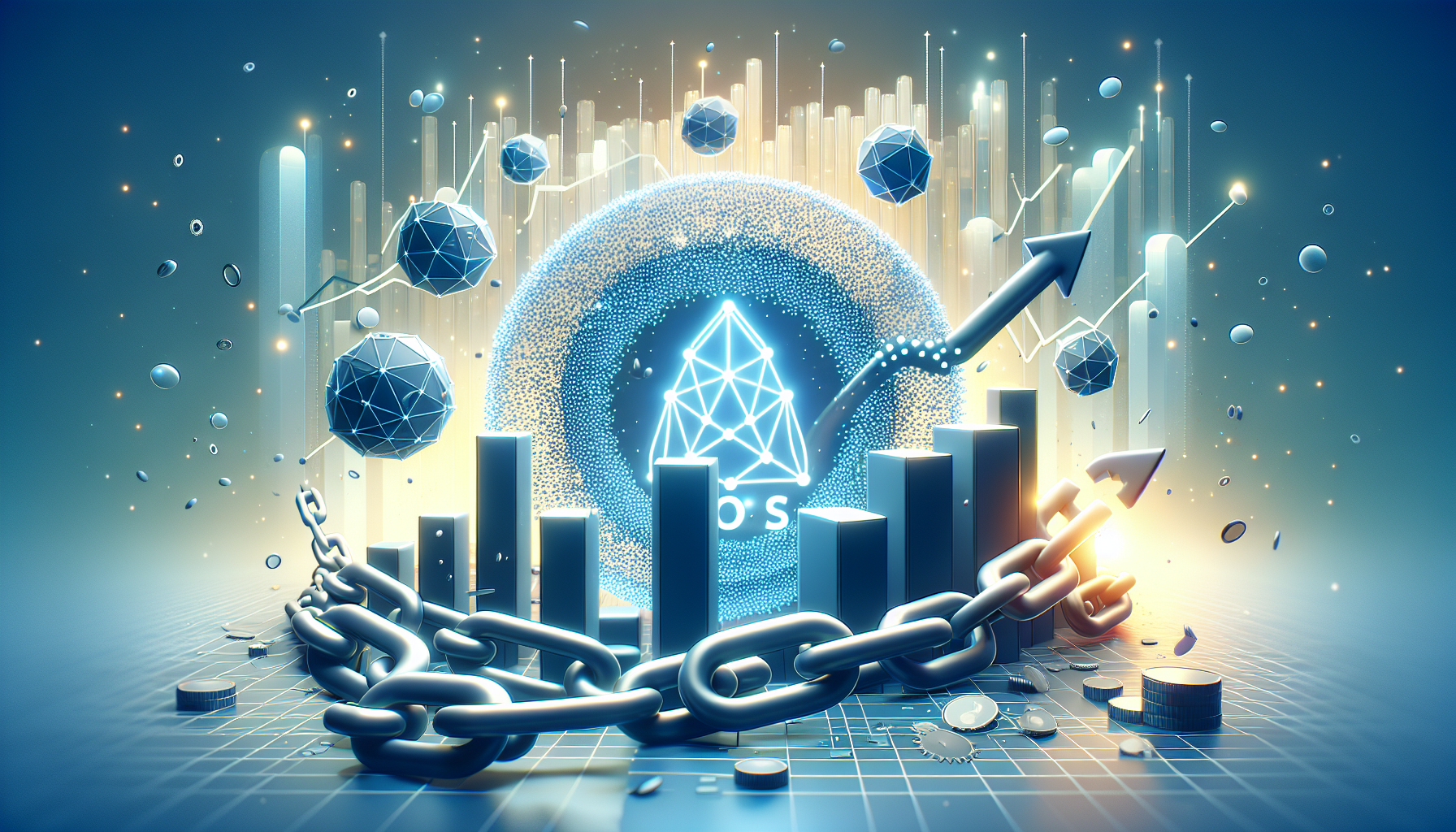/ Jan 22, 2026
Trending


The blockchain sector has evolved rapidly, moving beyond its beginnings as the platform for cryptocurrencies like Bitcoin and Ethereum. The decentralized movement’s latest innovation, Decentralized Autonomous Organizations (DAOs), is revolutionizing how communities and businesses operate. These blockchain-based, leaderless governance structures are shifting paradigms across industries, marking a defining moment in decentralization’s trajectory. This article delves into the rise of DAOs and their potential implications for the future.
Decentralized Autonomous Organizations, or DAOs, are entities governed by smart contracts on the blockchain. They differ from traditional organizations in that they operate without hierarchical management. All decisions are made by a community of stakeholders, usually via token-based voting systems. This egalitarian approach gives all members a voice, substantially reducing the possibility of corruption or central authority misuse.
1. **Transparency**: DAOs operate on blockchain technology, which inherently offers transparency due to its immutable ledger. Every decision, transaction, and modification is recorded and accessible to all members, ensuring trust and accountability.
2. **Efficiency**: The use of smart contracts automates processes, reducing the need for middlemen and lowering operational costs. This can accelerate the decision-making process, allowing for more nimble and responsive governance.
3. **Inclusivity**: DAOs empower diverse global communities to participate directly in decision-making, creating a more inclusive environment. Token holders from any location can propose ideas, vote, and contribute to the organization’s direction.
In the evolutionary landscape of finance, DAOs are setting unprecedented standards. By facilitating decentralized financing (DeFi) and crowdfunding, DAOs enable investors to pool resources without traditional banks or financial institutions. Platforms like MakerDAO exemplify how decentralized protocols can create stablecoins with real-world backing. Meanwhile, venture DAOs allow members to collectively invest in startup projects, democratizing venture capital.
In the creative domain, DAOs have empowered artists and developers by providing new distribution and financial models. Through platforms like Audius, musicians can connect directly with fans and be rewarded for their work in a decentralized manner, bypassing traditional gatekeepers like record labels. Similarly, DAOs like FlamingoDAO are reshaping art ownership and investment through tokenized digital art and NFTs (Non-Fungible Tokens).
DAOs could redefine governance by providing a template for effective community-led decision processes. CityDAO, for instance, is experimenting with decentralized governance in urban planning. By giving community members a say through token-based voting, DAOs can potentially improve civic engagement and administrative efficiency.
A major barrier to widespread DAO adoption is the current regulatory environment, which lags behind technological innovation. DAOs challenge existing legal definitions of companies and corporate governance, creating compliance issues globally. For DAOs to function properly within legal systems, new frameworks and regulations must be developed.
While DAOs promise security through decentralization, they are not immune to vulnerabilities. The infamous 2016 DAO hack highlighted risks associated with smart contract bugs. Moreover, poor governance models can lead to inefficiencies and power concentration among a small group of token holders, undermining the democratization intent.
The trajectory of DAOs remains bullish as technology and legal frameworks evolve. Innovations in governance protocols are crucial for reducing the divide between aspiration and reality. DAOs could serve as a paradigm shift in various sectors, creating more democratic, transparent, and efficient systems. As legal systems catch up, we can expect broader adoption and integration into traditional business models, leading to a future where organizational participation is accessible, equitable, and widespread.
DAOs are at the forefront of the decentralization movement, offering a compelling vision of how digital collaboration and governance can evolve. Despite challenges, the potential of DAOs to reshape industries by fostering transparent, efficient, and inclusive ecosystems is immense. As they gain traction, DAOs could redefine the very fabric of organizations, revolutionizing how we engage with and manage collective pursuits in the digital age.
Blockchain, DAOs, Decentralization, Smart Contracts, Governance, DeFi, Token Voting, Crowdfunding, NFTs, Regulatory Challenges
This article on the rise of Decentralized Autonomous Organizations reflects the current trends and future potentials of blockchain innovations, touching on tech, industry impact, challenges, and future directions.
Stay ahead with Blockchainooz! Get daily updates on industry insights, market trends, and innovative blockchain technology—all in one place. Perfect for enthusiasts and investors looking to make informed decisions in the ever-evolving world of blockchain and crypto.